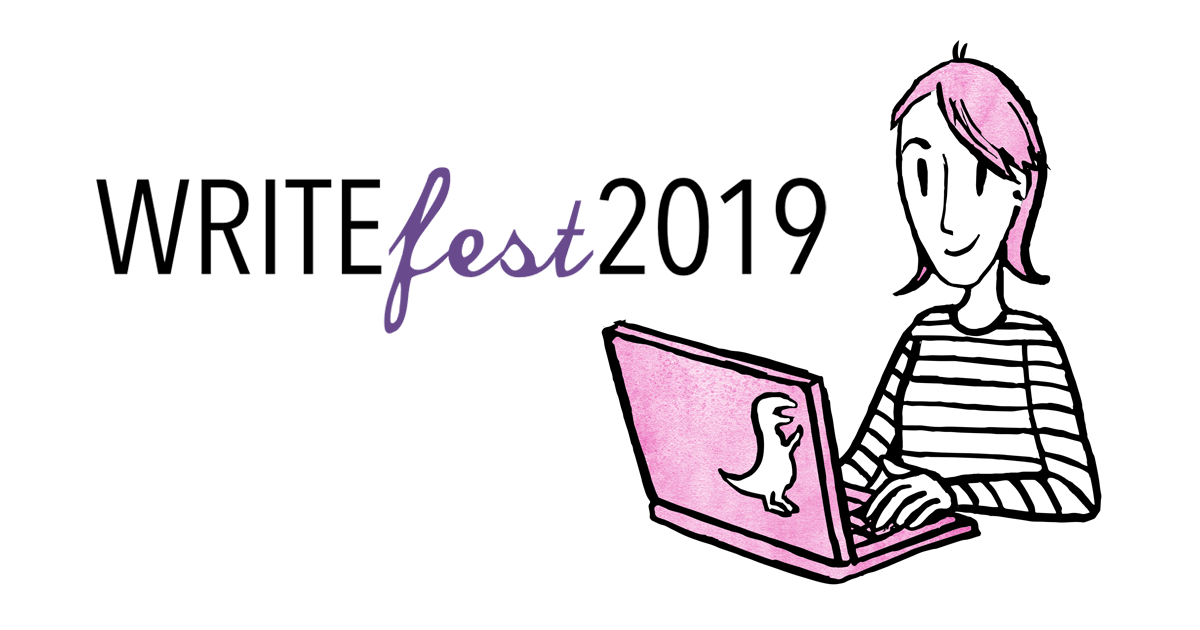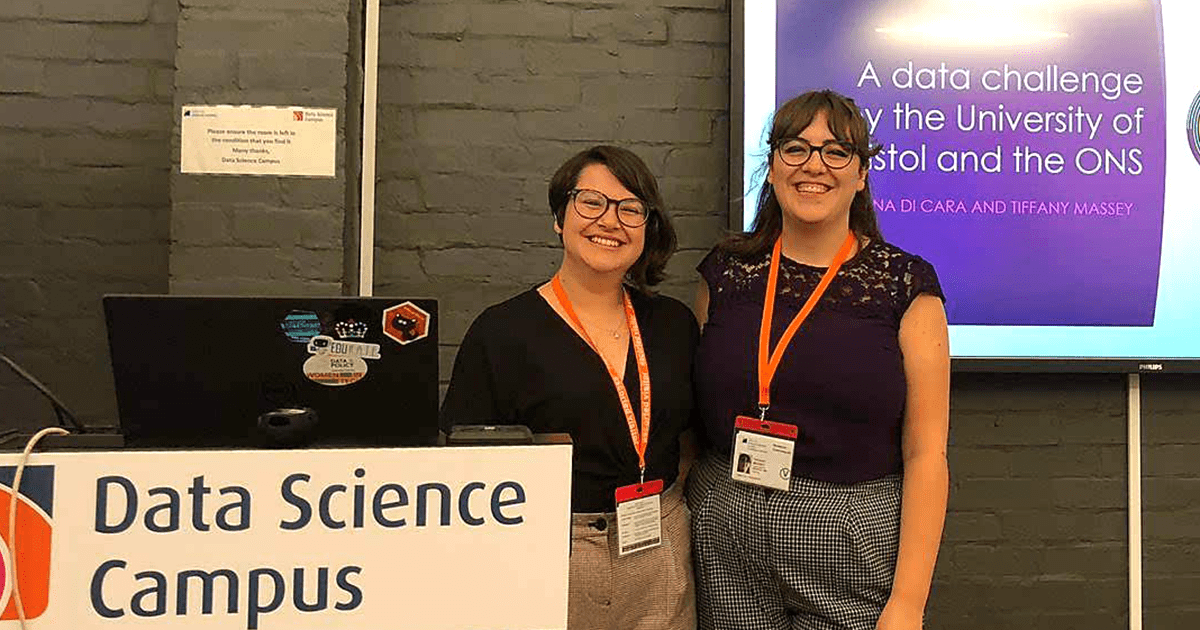WriteFest 2019 begins on 1 November. Below, Dr Elizabeth Mamali, the Bristol Doctoral College’s Postgraduate Researcher Development Officer, explains what it’s all about — and highlights opportunities to take part in the University’s programme of writing-focused activities.
What is WriteFest?
November is Academic Writing Month (#AcWriMo) — an academic write-a-thon inspired by NaNoWriMo (National Novel Writing Month), but catering to the specific needs of academic writers.
The global academic community can pledge their writing projects, record progress and share thousands of writing tips via the #AcWriMo hashtag on Twitter.
WriteFest (#AcWriFest19) is our local University of Bristol contribution, and will bring together academics and researchers from across the University to recognise and celebrate writing. We encourage all academics, research staff and research students to join us and write!
WriteFest started at Sheffield University. This year, there are 11 partner universities contributing to the festival! Exeter, Bristol, Manchester, Kings College London, Keele, Sheffield Hallam, Liverpool, Newcastle, Edinburgh, Derby and Adelaide!
What is the University of Bristol doing for WriteFest 2019?
The Bristol Doctoral College will be posting information and useful resources in social media throughout the month to support you in all matters related to writing – and help you to take a break from writing!
Alongside Bristol Clear, who support Research Staff at the University, we have organised the following workshops and writing retreats. All BDC-run activities are free for postgraduate researchers to attend, and all Bristol Clear-run activities are free for academic and research staff to attend*.
All of our planned activities will take place in the PGR Hub, on the 2nd Floor of Senate House, unless otherwise specified.
*Please note that all Bristol Clear offers are in italics. If you are an academic or research staff member, find out more about taking part on the Bristol Clear webpage.
Week 1
- Writers’ Retreat – 1st November (booking required)
Week 2
- Bristol Clear: Writers’ Retreat – 5th November
- Getting Started with Academic Publishing – 5th November (booking required)
- Drop-in Writing Day, PGR Hub training room – 7th November (no booking required)
Week 3
- Drop-in Writing Day, PGR Hub training room – 13th November (no booking required)
- Bristol Clear: Writers’ Retreat – 14th November
Week 4
- Drop-in Writing Day, PGR Hub training room – 20th November (no booking required)
- Bristol Clear: Writers’ Retreat –21st November
- Thesis Boot Camp – 22nd, 23rd, 24th November (applications closed)
Week 5
- Bristol Clear: Writers’ Retreat – 25th November
- Bristol Clear: Regular Productive Academic Writing – 25th November
- Writers’ Retreat – 28th November (booking required)
- Bristol Clear: Writers’ Retreat – 28th November



